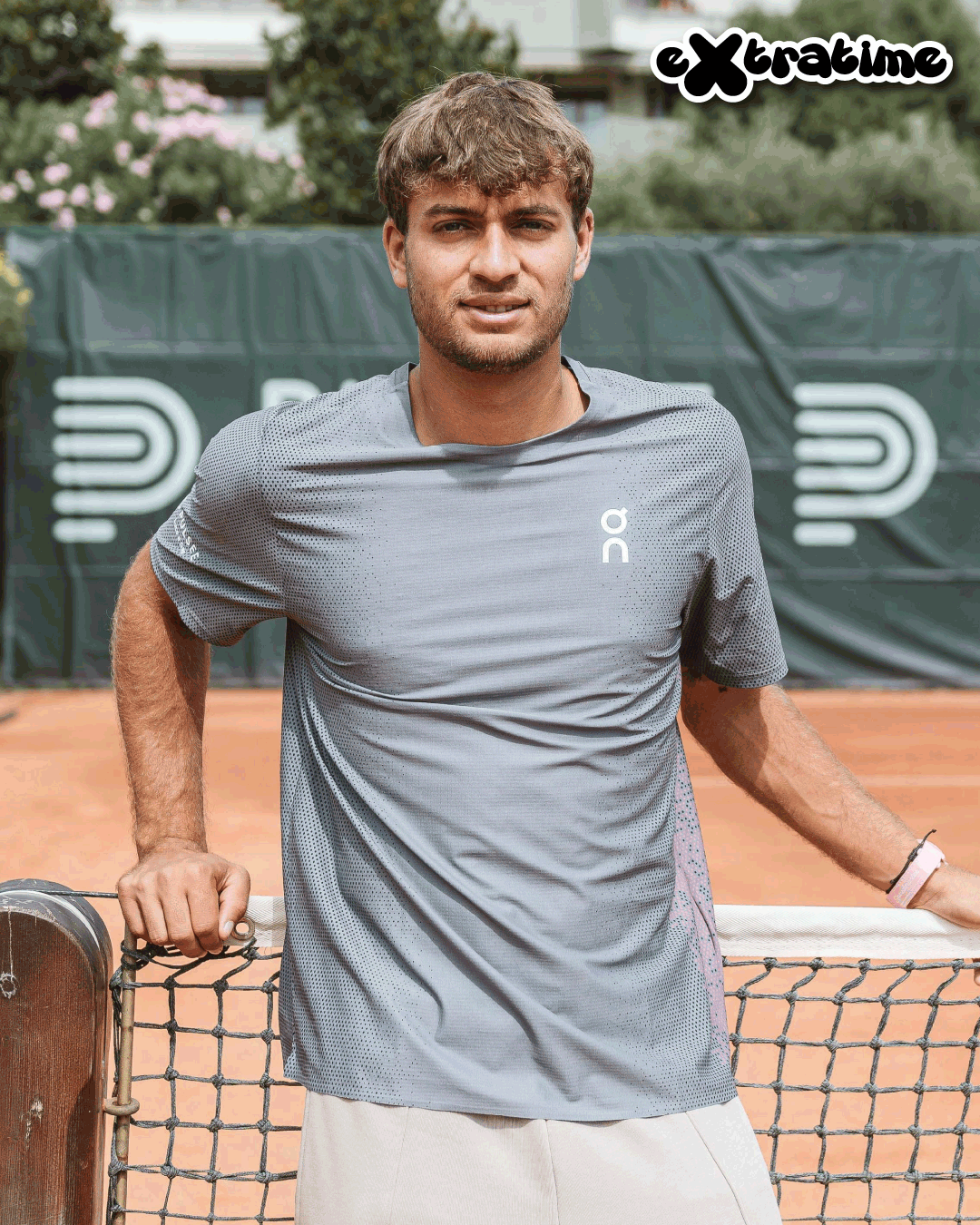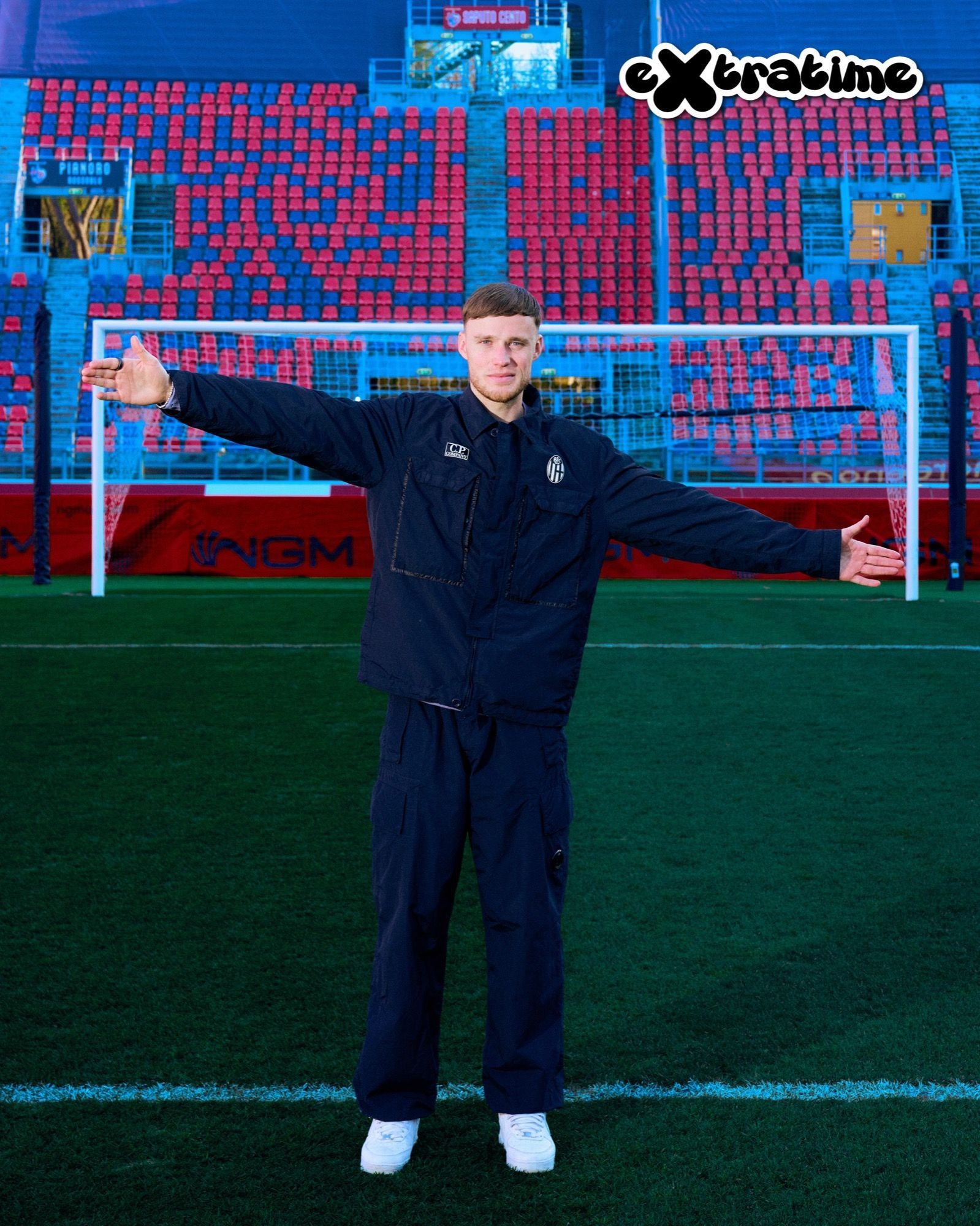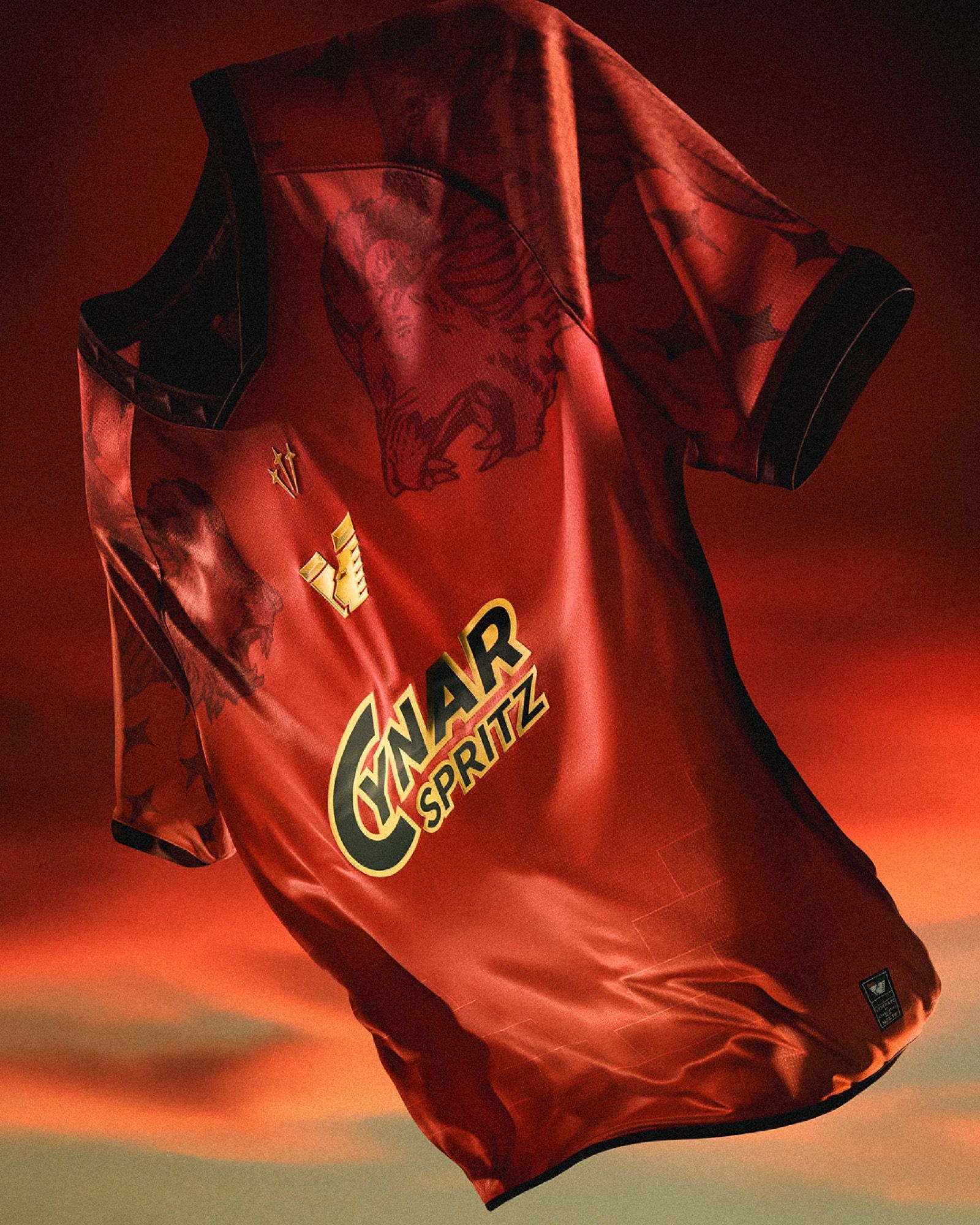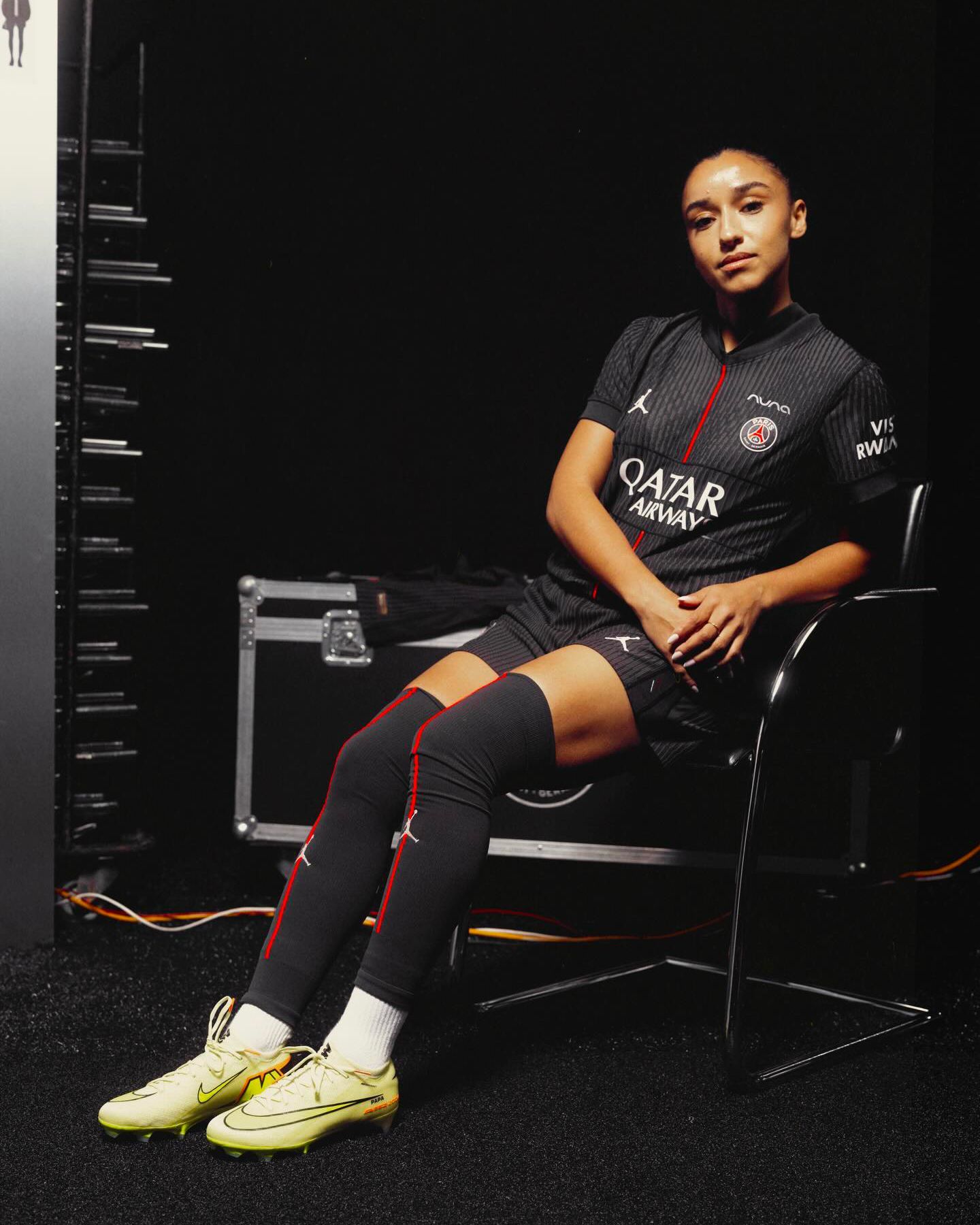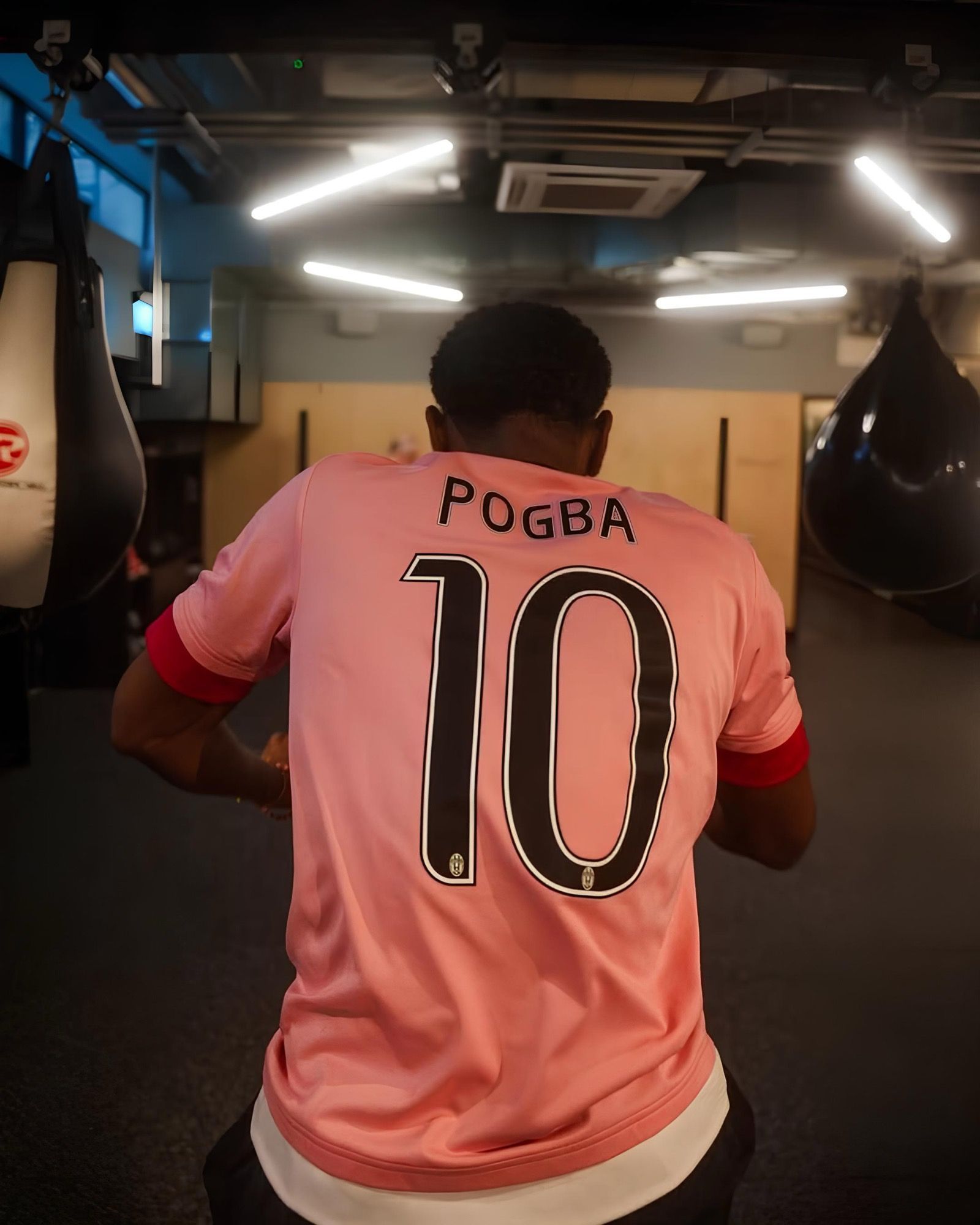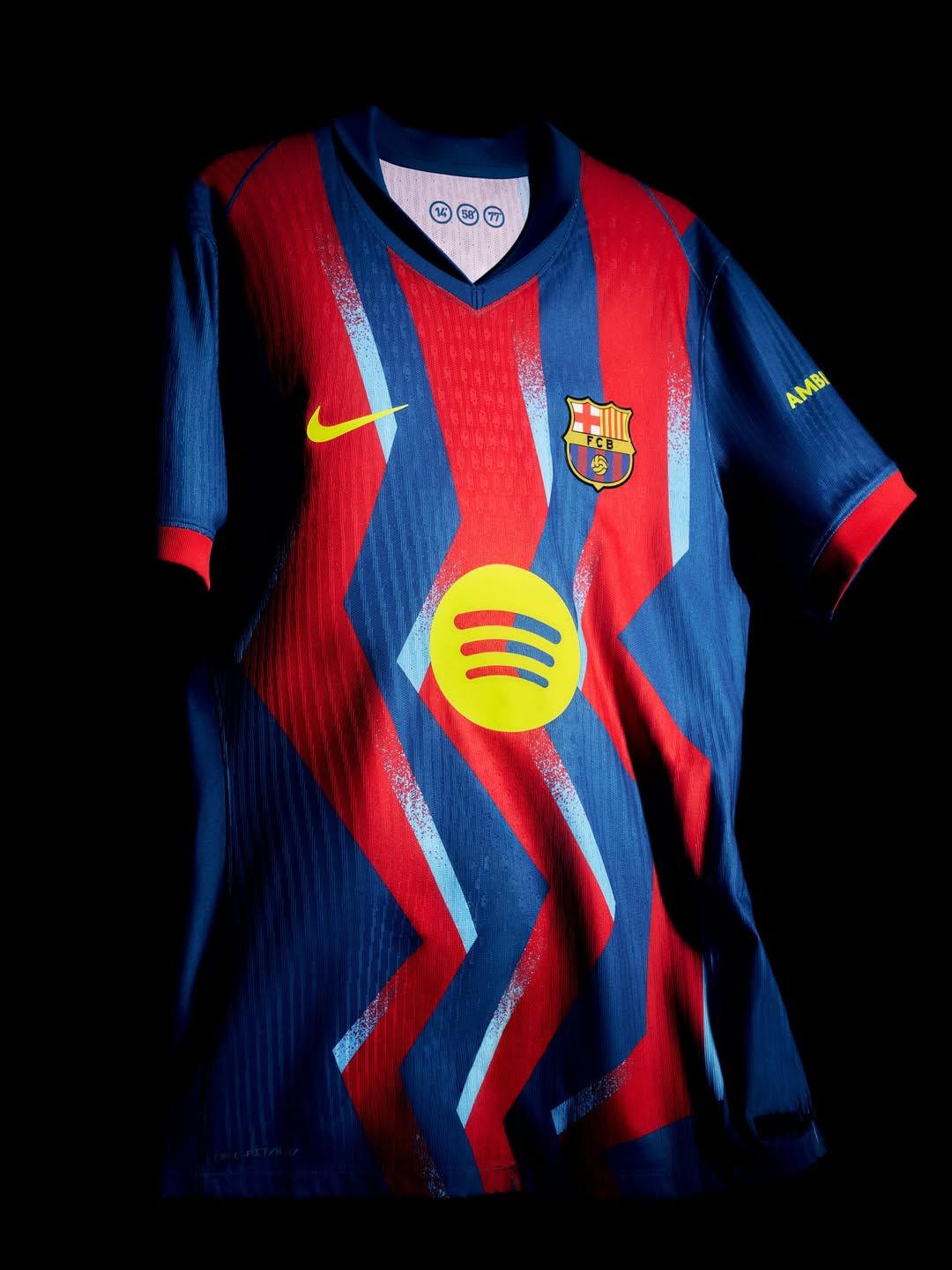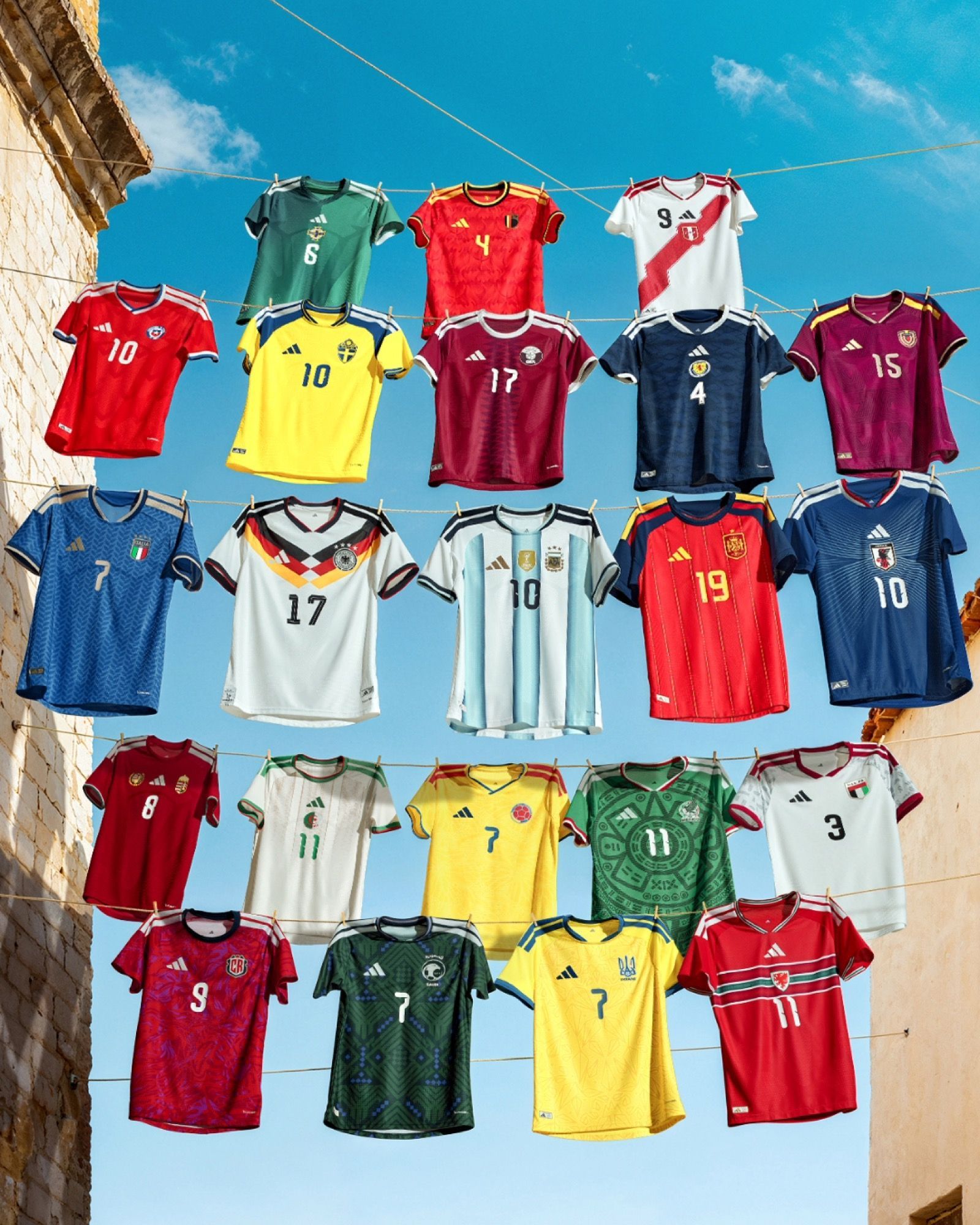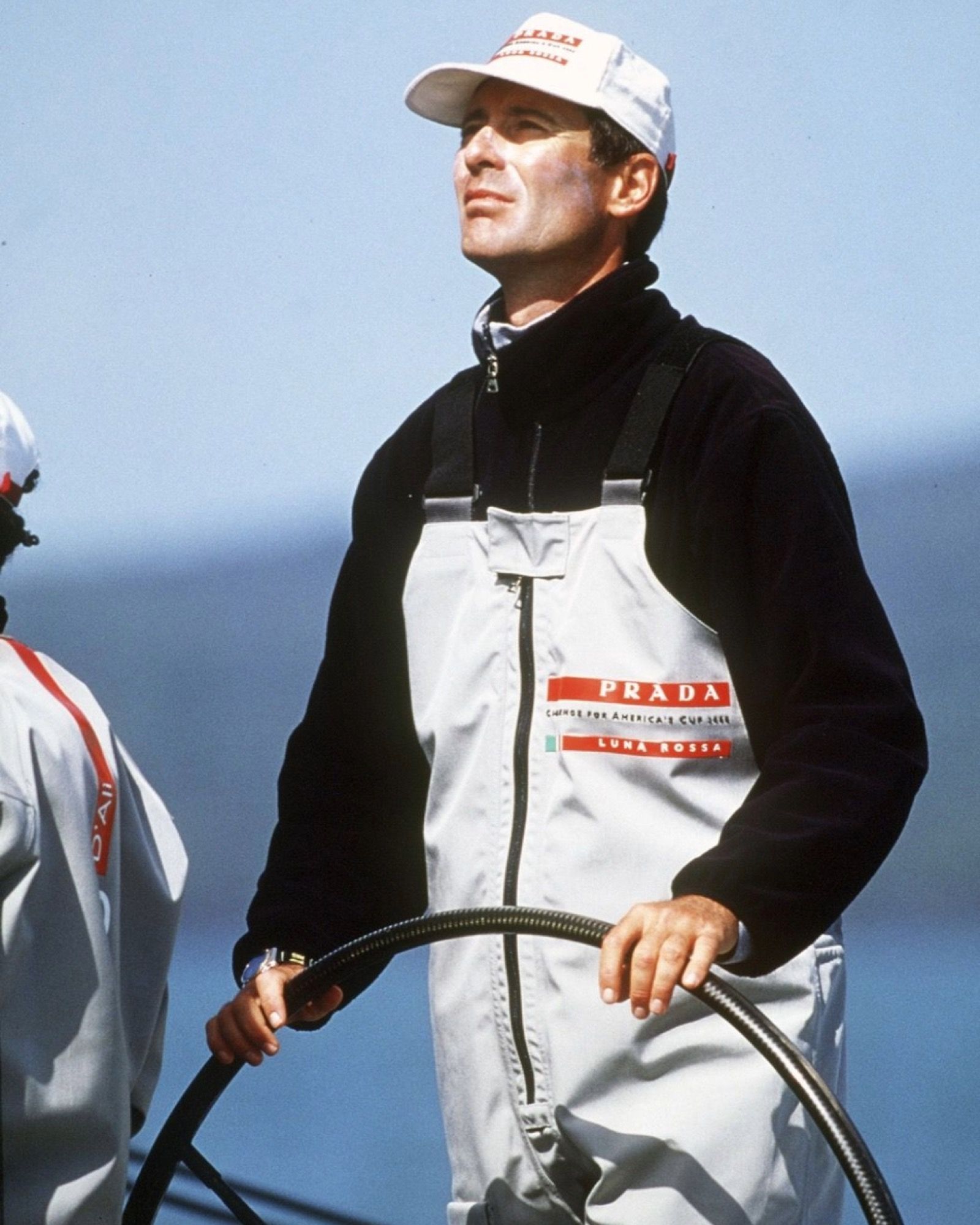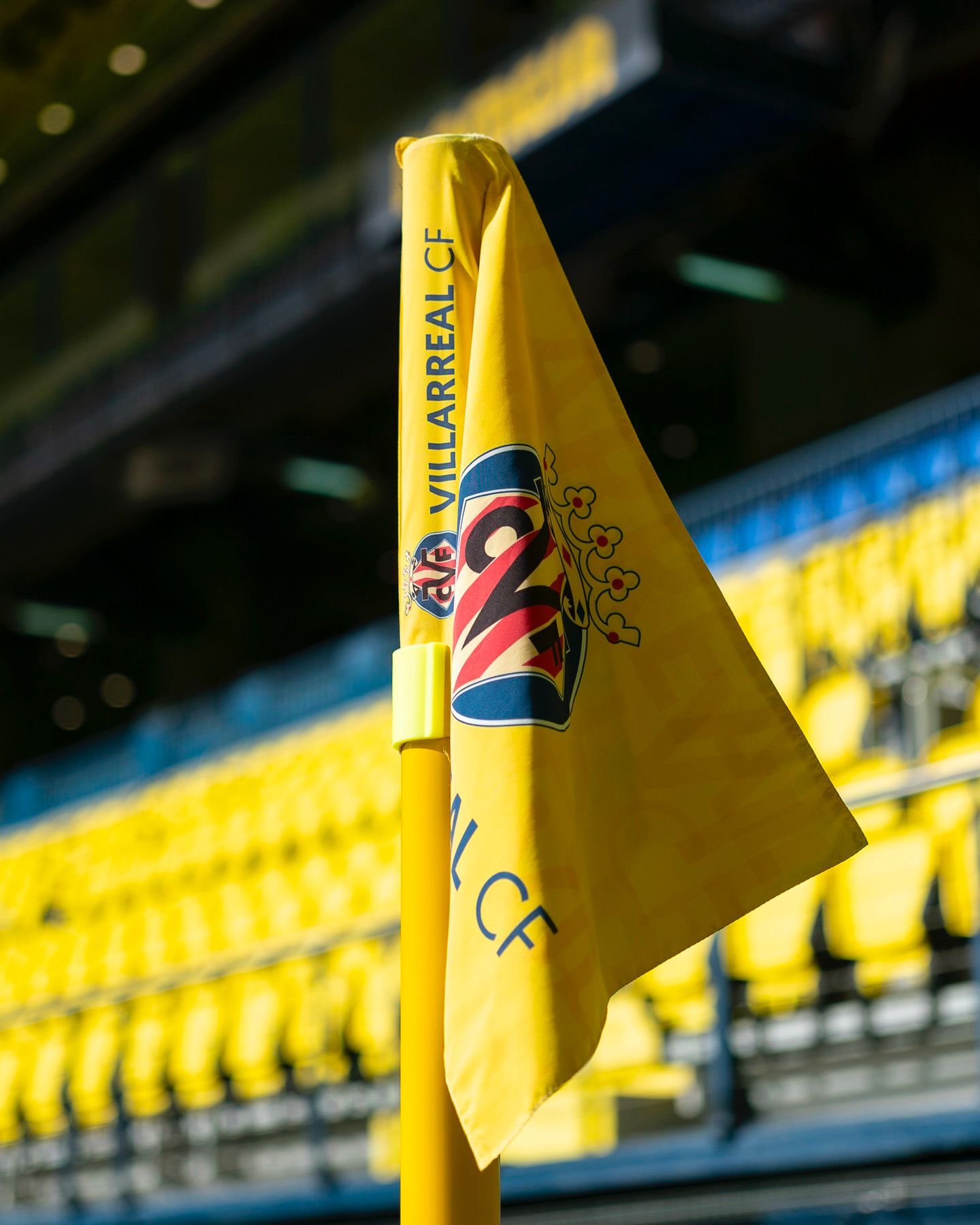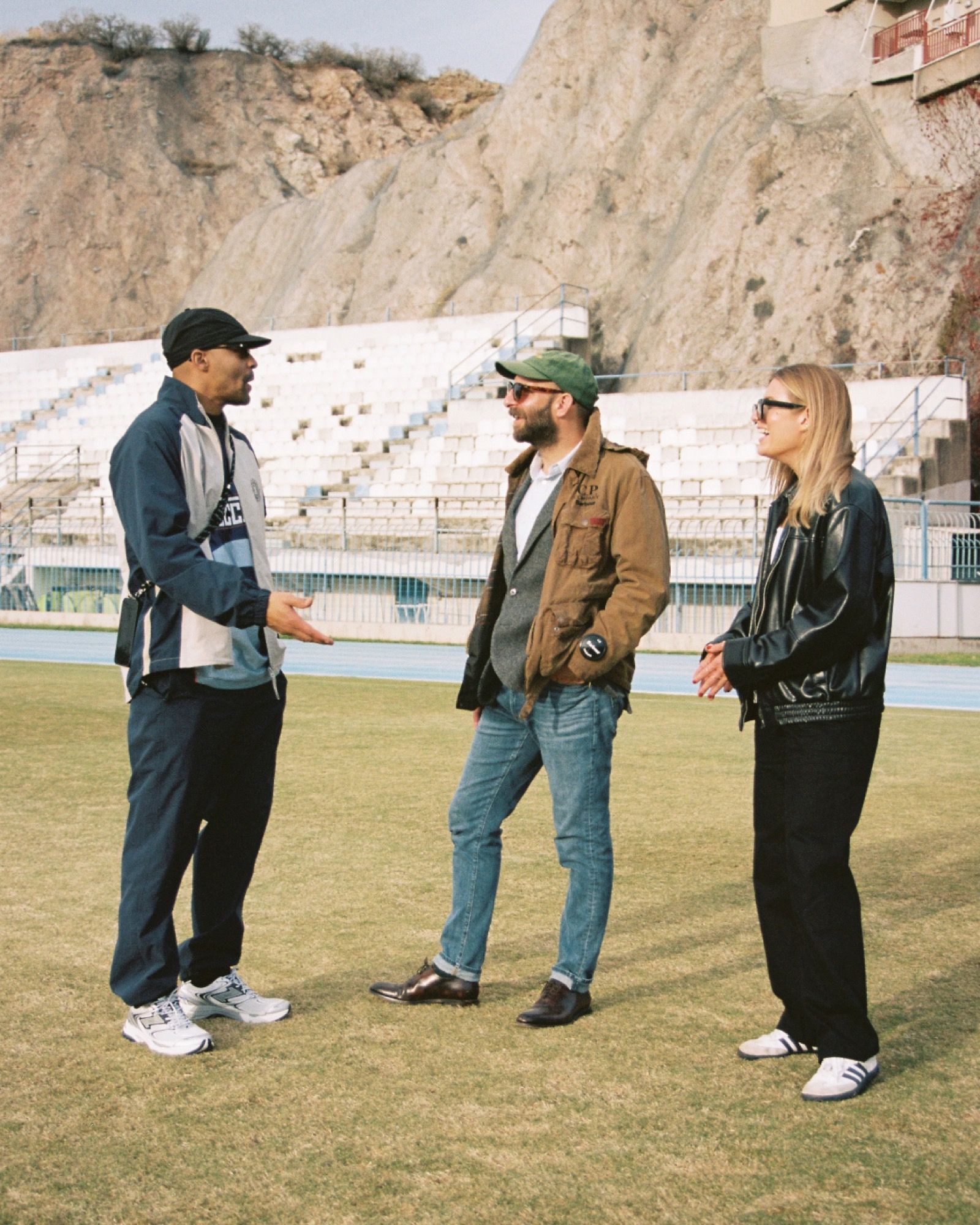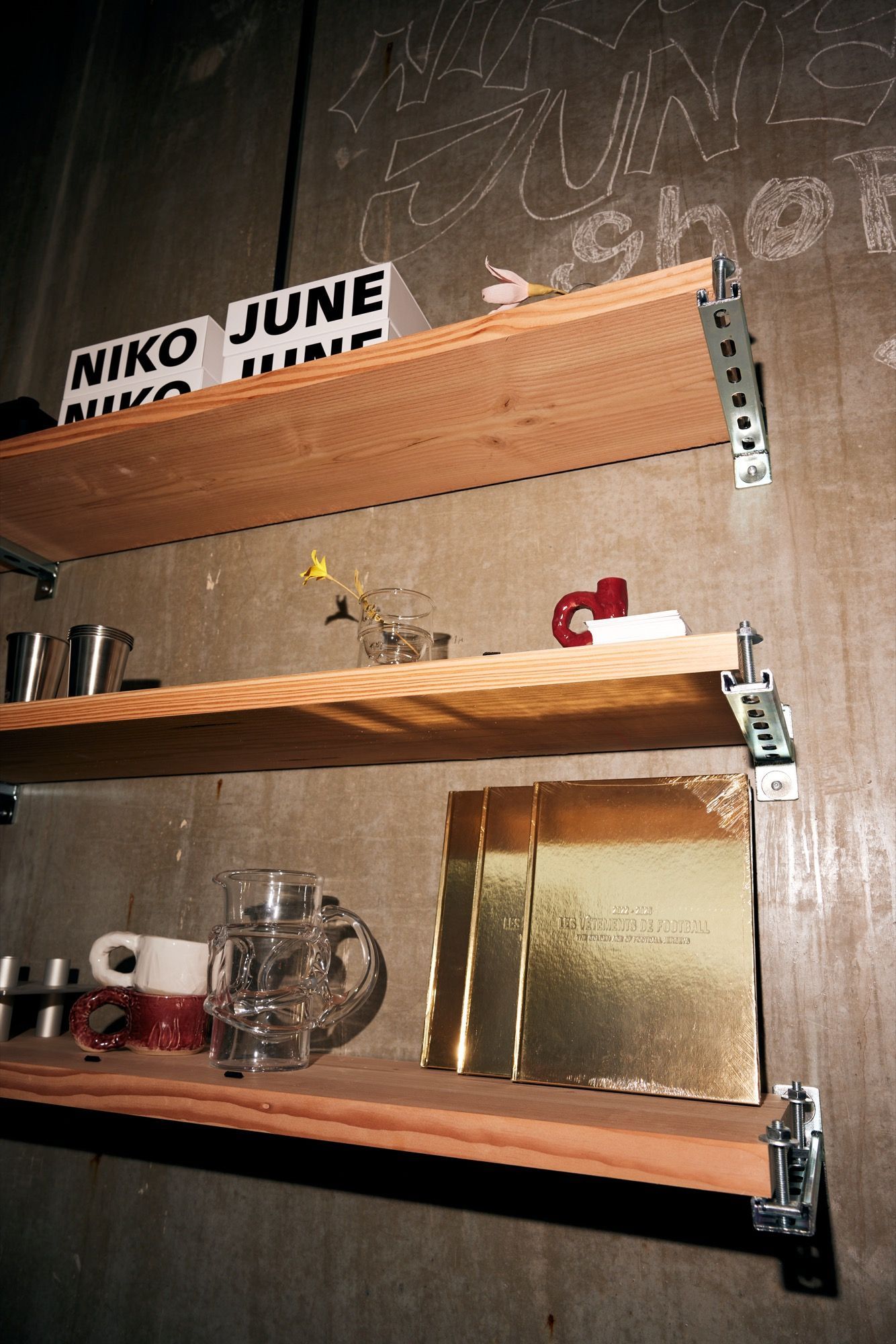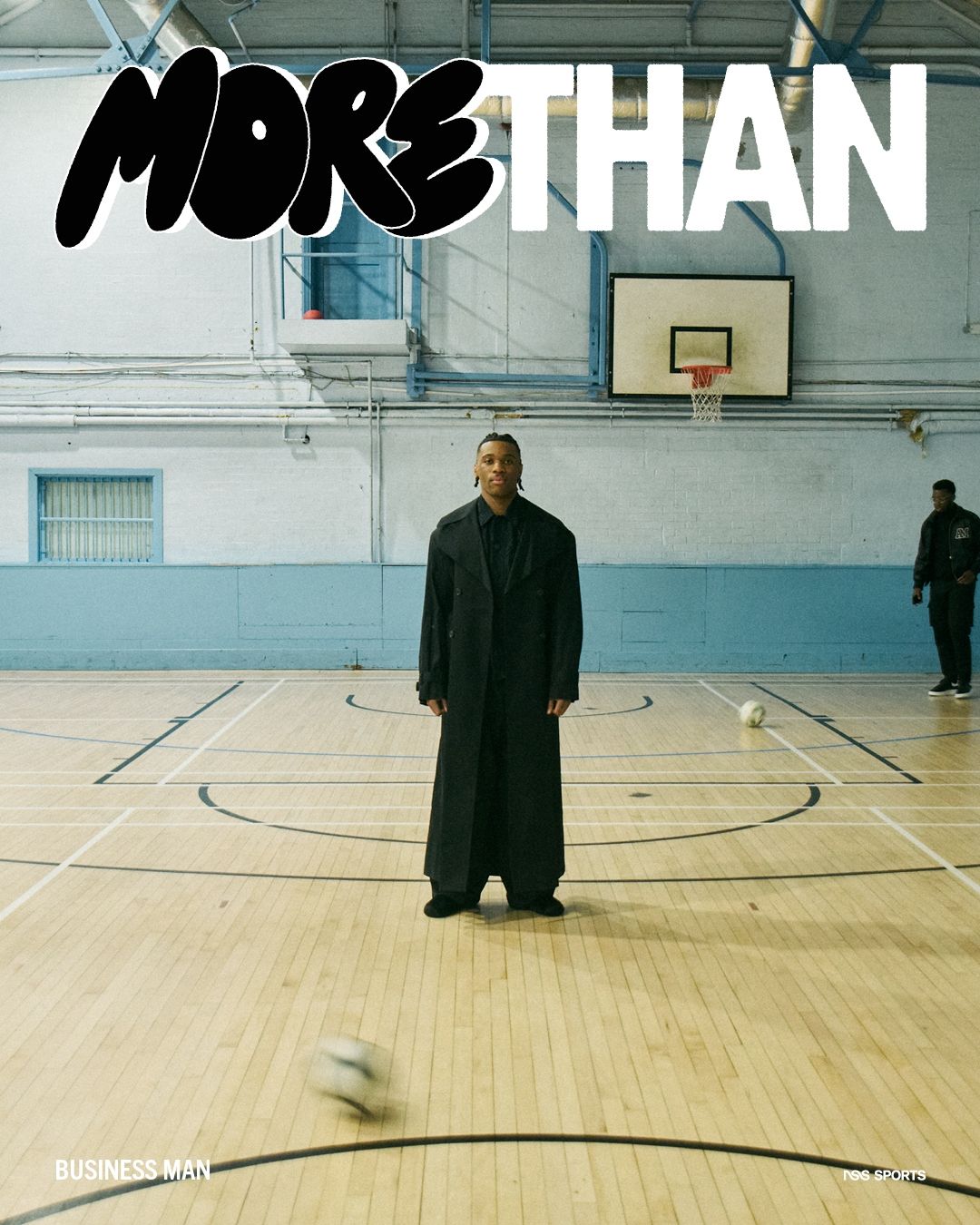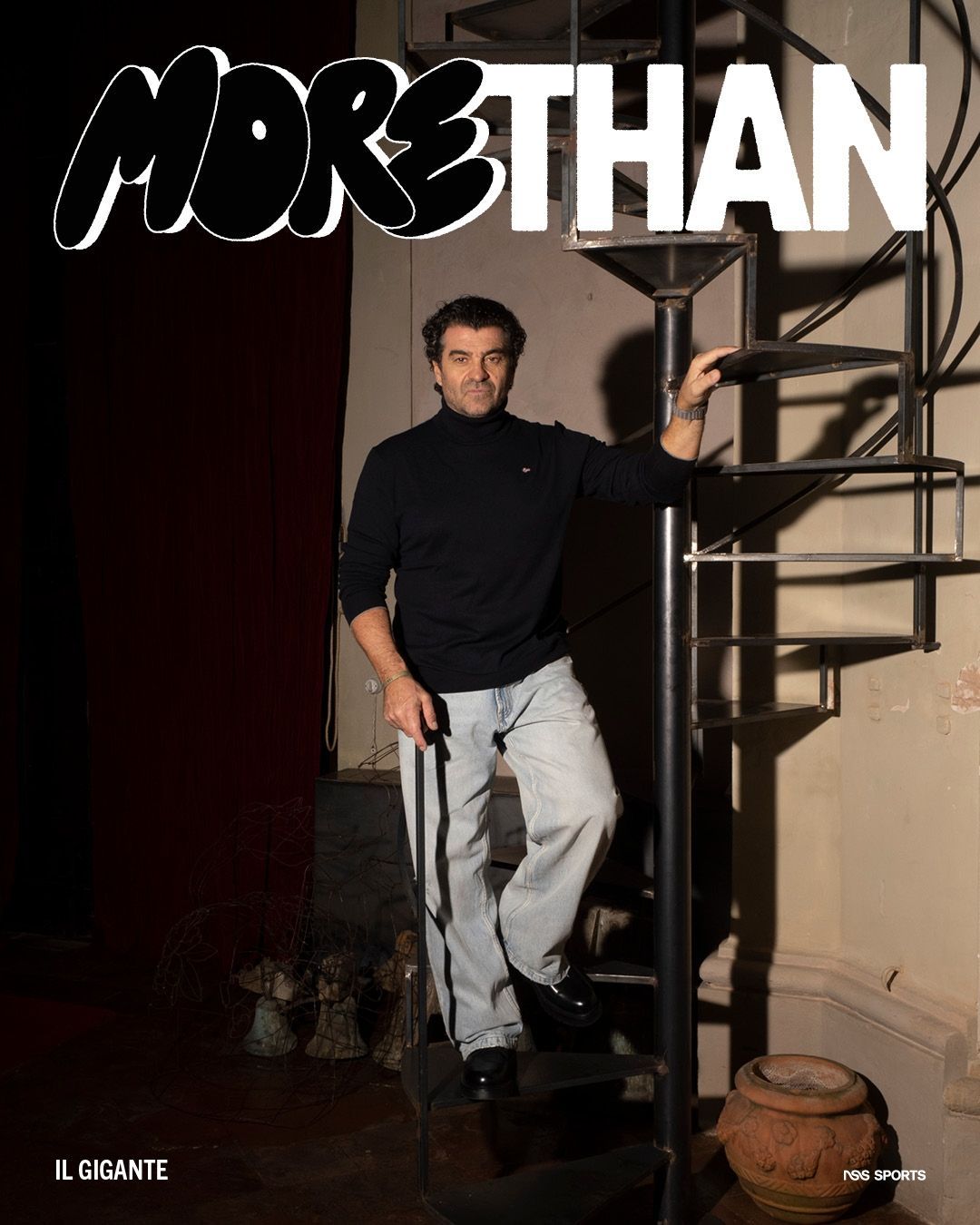
The best academies in this decade Which club has made the most by selling home-grown players
Academies are the lifeblood of clubs, the path of personal and professional development that turns young talents into players ready to take to the pitch in the first team jersey. Over the years, however, youth academies have become not only one of the most lucrative channels for attracting talent, but also one of the most lucrative channels for much-needed capital growth in the age of FFP and earmarked accounts, so much so that some clubs have focussed much of their strategy on the efficiency of their development structures. As a result, clearly defined schools have emerged that are able to train a certain type of footballer according to codified philosophies and training methods, making them recognisable even after they have left the starting team. But which academies have done the best job in recent years of training talent and then selling them to bigger teams? The answer is provided by Football Observatory's study, which analysed the revenue from the sale of players who have spent at least three years between the ages of 15 and 21 at the same club over the last ten years.
From this measurement, it emerges that the club that has worked best in this direction has been by far Benfica, which over the years has built a very advanced system of player research and development by establishing five different centres in key locations in Portugal. The development of the best profiles then takes place through a teaching method that focuses on technique and tactics, moulding the new generation of Portuguese footballers. In the last ten years, thanks to the departures of Joao Felix, Cancelo, Bernardo Silva and Goncalo Ramos, among many others, Benfica have made more than €500 million in transfers, putting them at the top of this ranking by some distance. They are closely followed by Ajax (€376 million) and Olympique Lyon (€370 million), who have made a lot of money in recent seasons with the sales of Frenkie de Jong and Matthijs de Ligt to Ndombele and Malo Gusto respectively.
Real Madrid, Chelsea, Monaco, Sporting, Tottenham, Manchester City and finally the first Italian team, Atalanta, follow in tenth place. Outside Europe, the clubs with the most profitable academies are Flamengo (13th) and River Plate (14th). This list shows that there is no uniform valuation of team academies and that even clubs that we normally regard as big buyers manage to make a profit even with home-grown talent. Apart from a few conspicuous excellences that have built up a successful structure and a process of comprehensive development and scouting over the years, the best European clubs are also leaders in the youth sector, confirming that greatness is not a given.



